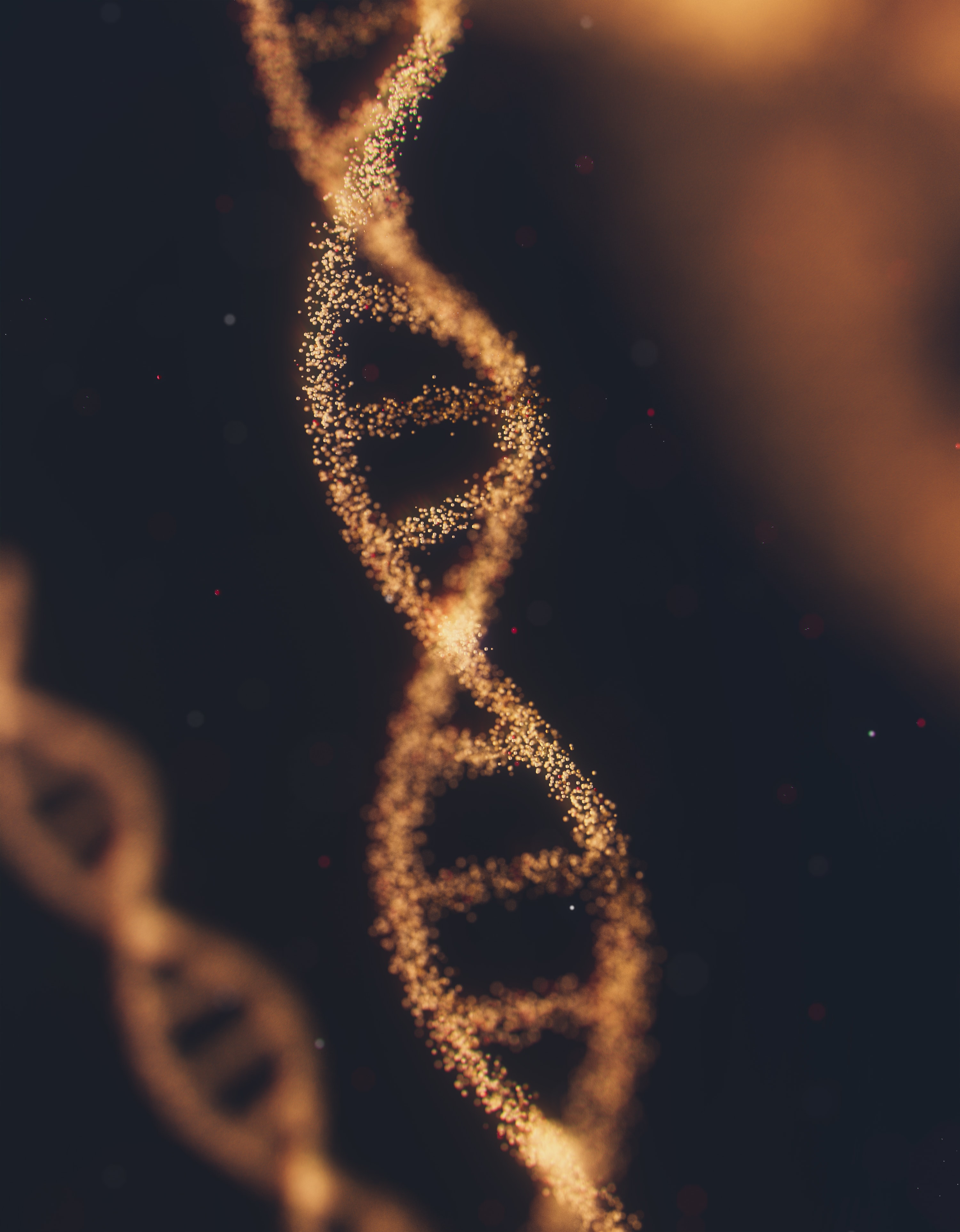Aggregated News

In a small initial test in people, researchers have shown that a single infusion of a novel gene-editing treatment can reduce cholesterol, the fatty substance that clogs and hardens arteries over time.
The gene-editing treatment aims to permanently lower cholesterol by using Crispr to edit a gene in the liver. Researchers gave a single infusion, in varying doses, to the patients whose average age was 54. While the lower doses didn’t have much of an effect, the highest dose reduced LDL cholesterol by 55 percent in the single patient who received it. Meanwhile, two patients who got the next-highest dose saw reductions of 39 percent and 48 percent.
The first patient was treated just six months ago, and researchers are still following all of the participants. The preliminary results were presented at the American Heart Association’s annual meeting in Philadelphia on November 12.
Gene editing could provide a more lasting option for treating hereditary high cholesterol, which today requires long-term medication. “The current care consists of daily pills and intermittent injections that must be taken for decades. This places a...



